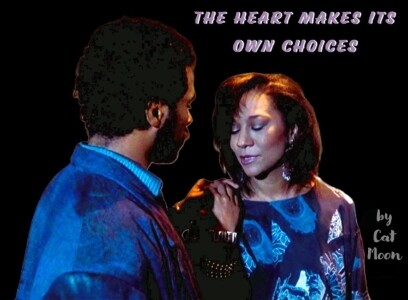I watched this over the last couple of days. (8 30-minute episodes on D+.) It's really unusual - not like anything else in Marvel's backlist. Somehow it felt like it belonged to a different era, like the type of superhero show that might've been made in the 70s or 80s. It's a comedy-drama-satire about two out of work actors trying to get a role on the superhero movie
Wonder Man, which (in universe) is a remake of a cult hit show from a few decades ago. And that's about 90% of the plot. There is SOME other stuff going on which provides a superhero-related throughline for the movie, namely
spoilers for things revealed in the first couple of episodes
one of the actors (the protagonist) actually does have superpowers and is hiding it because in the MCU, super-powered individuals have to carry insane amounts of liability insurance to work in Hollywood and no production would hire him; and the other is spying for the government. So obviously both of these things provide the show's main sources of will they? won't they? who'll find out? tension.But mostly it's just an indie-ish show about being an actor. It's unglamorous, it's full of slow-paced scenes of people doing ordinary things, trying out for parts, dealing with petty professional jealousy and eccentric directors, having long conversations in cars. The staging and lighting and the very ordinary-looking supporting characters are all more art-film than Marvel movie. It's about people who love movies both personally and professionally, and know them inside and out. It's at least partly framed around
Midnight Cowboy, at a showing of which the two protagonists meet, and it's also framed around beats from the script for the
Wonder Man movie that the two are memorizing and acting out scenes from. At least some of the actors on the show are simply doing cameos as themselves, in the form of people that the protagonists might have plausibly run into in their careers.
I wasn't on board with every creative choice the show made, and in fact I sort of went back and forth between episodes on whether I actually
liked it all that much (though I was sold by the end), but it's fascinating and thoughtful and interesting and a bit unpolished-feeling in a way that Marvel productions never feel anymore. In fact, the naturalistic dialogue and slightly clumsy/awkward way the characters relate to each other felt real enough that I would sometimes stumble a bit when it would hit a more typical Marvel beat, as it sometimes does, because it felt a little out of place.
I'm legitimately unsure who the target audience for this show is, and maybe so were Marvel's TPTB. I'm honestly surprised it got made at all.
( Some actual spoilers )It made me remember how, in the early days of the MCU, it felt like the movies were all doing something different and
being something different, and then they just all kinda came to feel like the same thing. This one is doing something different and being something different - in this case: 1970s arthouse film - and even if I wasn't on board with everything, I liked what it was doing and being.
